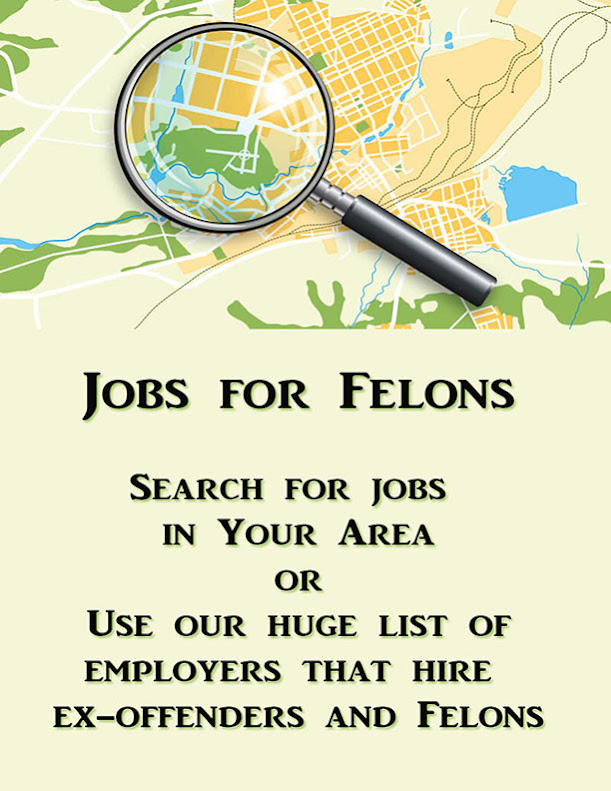Edward Minor had a paper due for his English class on income inequality at Wayne County Community College in Detroit. He’d completed all the research and knew what he wanted to write. The main issue was time—he only had a few hours.
But countless, frustrating obstacles delayed his progress, from the laborious pace at which 62-year-old Minor types to figuring out how to save his document. The final step, however, was really tripping him up. Since he was using a computer at the library, he needed to email the file to himself so he could edit it later on a different computer.
“Do I just put my email address up here?” Minor asked, pointing to the bar at the top of the web browser. Eventually he got some help from a computer technician, but he wasn’t confident he’d be able to find the document later.
 |
While Minor may be an extreme case, he squarely fits the description of Americans who suffer most from the digital divide, a phenomenon that describes how technology can contribute to inequality: He’s elderly, he’s poor, and he’s a person of color.
Resolving the divide’s underlying issues will be anything but simple, but the negative effects are pretty straightforward. If you don’t have access to the internet or the skills to use it, you also won’t have access to countless jobs and resources. As Tom Wheeler, former chair of the FCC, said in 2015, “The bottom line is this: If you are not connected to the internet…you cannot participate fully in our economy and our democracy.”
As of 2015, Detroit was the least connected city in America. Forty percent of Detroit’s households have no broadband connection and 70 percent of its school-age kids have no internet access at home (excluding smartphones).
For its size, Detroit is woefully under-connected. But rural areas and small metropolises often have it worse. According to a Brookings Institute report, almost one in four people in the United States lived in low subscription neighborhoods in 2015. Fewer than 40 percent of households subscribed to broadband internet.
Price is often an inhibiting factor. Detroit’s two main broadband providers, Comcast and AT&T, respectively, offer plans for their slowest connections at $25 for 12 months (and $50 afterwards) and $40 per month with a $99 installation fee.
 |
The NDIA has described this as “digital redlining,” a reference to the practice that denied people of color access to housing, and which ran rampant in Detroit in the mid-1900s.
That’s in line with what Diana Nucera, director of the Detroit Community Technology Project, has witnessed. “Whether it’s artificial intelligence or internet access or healthcare,” she says, “the problems of the digital divide all stem from the same place: racism.”
Minor was imprisoned once for seven months for breaking and entering. When he was released, he wanted to pay back a favor for a friend that helped him out while in prison. But the only way he knew how to get the money was to steal it. Planning to mug someone outside a nightclub, he says he brought an unloaded BB gun whereas his co-defendant, without telling him, brought a real gun.
According to Minor, his accomplice shot the person they were mugging, and after they were arrested, made a statement saying Minor committed the murder. Minor says he was pressured by his lawyer and the judge to plead guilty to second degree murder.
The sentence: life with parole.
 |
He often closes out, which means leaving work at around midnight and catching one of the last rapid buses heading north. At that time of night, the bus no longer runs for the last four-mile leg home, so he either bikes or walks depending on the weather. Once, the bus never came and his co-worker paid for a rideshare. He rarely gets into bed before 3am.
While at the downtown library, the person assisting him is often Keronce Sims, a computer technician. He teaches classes on computing basics, but his main job is helping patrons and employees troubleshoot computer issues. That means he’s often running from one request to the next all day long.
“What aren’t I responsible for?” Sims says with a laugh. “I’m one of three in the building…I’m putting out some matches, some candles, some fires.”
Local libraries are common destinations for people without computers or internet access. Detroit’s main branch has about 80 computers and there’s no time limit on how long someone can use one or, aside from games and X-rated content, what they can use them for.
In his 30 years at the library, Sims has seen all types of people use the computers for every conceivable reason: to apply for assistance, look for work, write a thesis, sue someone, or just to watch videos and go on Facebook.
Sometimes, according to Sims, people have panic attacks when trying to take care of a stressful matter using a machine they don’t understand. “I see it all the time,” he says. “I see a lot of impairments. Some are dyslexic, some are recovering from a physical injury or a stroke. Some are visually impaired. I’ve seen people with missing digits.”
Sims has been working with Minor since the summer and is encouraged by his effort. “Some people inquire about our services but don’t show up,” he says. “But [Minor] showed up. He knew nothing at first—the whole digital world was foreign to him.”
 |
As director of DCTP, Nucera oversees programs that foster use of technology based on community need. One of those programs is the Equitable Internet Initiative, which will provide 150 Detroit households with high-speed internet access. The program also involved training 25 local “digital stewards,” two of whom were in their late seventies, in hardware installation and WiFi setup. Age matters, but it’s not the primary barrier.
Minor has a passion for housing. After he’s done taking his prerequisites at WCCC, he’s planning to take classes on real estate. Despite everything he’s been through, he’s remarkably optimistic.
“Oh, it’s gonna get done,” he says. “Keep doing what I’m doing, don’t cry about it, move with it. I feel I’m on a mission.”
Sims and Nucera both think he has the capacity to overcome his technological difficulties.
“Clearly he’s extremely resilient,” Nucera says. “You don’t come out of prison after 40 years as an optimistic man without having a sense of self and being very intelligent. It’s not about his ability to learn. It’s about whether or not society can accept someone who’s been in prison for that long.”
Eric Mayo















